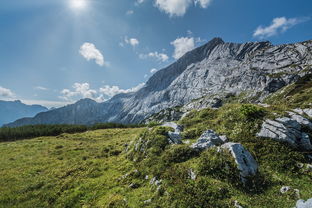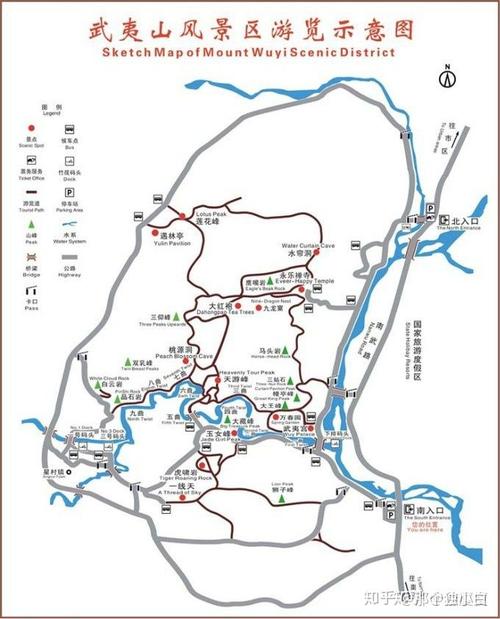旅游坏处英语作文初一
Title: The Negative Impacts of Tourism
Introduction
Tourism is undoubtedly a booming industry, contributing significantly to economic growth, cultural exchange, and global connectivity. However, its rapid expansion also brings along a range of negative consequences that cannot be ignored. In this essay, we will delve into the detrimental effects of tourism on both the environment and local communities.
Environmental Degradation
One of the most pressing issues associated with tourism is environmental degradation. The influx of tourists often leads to increased pollution, deforestation, and habitat destruction. Popular tourist destinations frequently suffer from littering, overconsumption of resources, and disruption of fragile ecosystems. For instance, coral reefs, vital to marine biodiversity, are frequently damaged by careless snorkelers and divers.
Cultural Erosion

While tourism promotes cultural exchange, it can also result in the erosion of indigenous traditions and values. The commercialization of local customs often leads to a loss of authenticity as communities cater to tourist expectations, modifying their traditions for monetary gain. Additionally, the influx of outsiders can disrupt social dynamics and traditional ways of life.
Strain on Infrastructure
The sudden surge in tourist arrivals can strain the infrastructure of a destination beyond its capacity. Roads, water supply systems, and waste management facilities may not be equipped to handle the increased demand, leading to congestion, water shortages, and improper waste disposal. Moreover, the construction of tourist infrastructure can encroach upon natural habitats and exacerbate urban sprawl.
Pressure on Wildlife
Wildlife tourism, while popular, often poses significant threats to the very animals it seeks to observe. Habituation to human presence can alter the behavior of animals, making them more susceptible to poaching and other dangers. Furthermore, activities such as safari tours and wildlife encounters can disrupt natural habitats and contribute to the decline of vulnerable species.
Economic Disparities
Despite the economic benefits tourism brings, it can exacerbate existing economic disparities within a destination. While tourism may generate revenue, the profits often bypass local communities and concentrate in the hands of large corporations or foreign investors. This can widen the gap between the wealthy elite and the local population, leading to increased social tensions and resentment towards tourists.
Conclusion
While tourism undoubtedly has its merits, it is imperative to recognize and address its negative impacts. Sustainable tourism practices, which prioritize environmental conservation, respect for local cultures, and equitable economic development, are crucial for mitigating these adverse effects. By fostering a greater sense of responsibility among travelers and stakeholders alike, we can strive towards a tourism industry that benefits both people and the planet.











